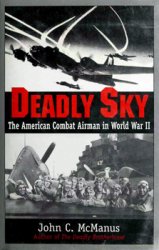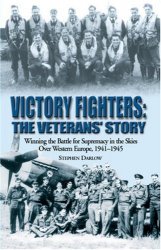The peace that Wahunsonakok shaped lasted another five years. His brother Opechancanough was now the leader of the Powhatan Confederacy. He recognized a disturbing pattern in Indian-English relations.
Tobacco, now popular in Europe, was a lucrative cash crop. Boatload after boatload of settlers arrived along the ports of the Chesapeake Bay to cultivate it. Tobacco depleted the soil, necessitating new fields every several years. As a result, the English needed more and more land. But they usually ignored the rights of the Native peoples, tricking them into signing away huge tracts. The settlers would then move in and carve the land into plantations, cutting down trees and killing or driving away the game. In the process, Indian hunting grounds were ruined, and a centuries-old way of life was disrupted.
Opechancanough wanted to break this pattern. He plotted a strike against the settlers to drive them from Powhatan country. Remembering the peace established by his brother and niece, he wavered in his purpose. He wondered if his warriors could really defeat the now-numerous colonists. The arrest and execution of a warrior by the name of Nematanou for the alleged murder of a white trader made up his mind once and for all. Opechancanough ordered a surprise attack.
On the morning of March 22, 1622, hundreds of warriors swept out of the forest and through the colony’s tobacco fields, killing every colonist in sight—all in all, 347 men, women, and children. In response, the English organized a militia. The troops began a campaign of regular patrols against the Indians, burning houses and crops and pushing the Indians farther inland. Opechan-canough agreed to a peace council. When he and his warriors arrived, they were poisoned and attacked by the colonists. Opechancanough escaped, however.
Both sides continued their raids for 10 years. Finally in 1632, they agreed on a peace treaty. But Opechan-canough never forgave the English. Twelve years later in 1644, when he was supposedly more than 100 years old, he ordered another attack. This time, almost 500 colonists lost their lives. Again, the colonists responded with a stepped-up campaign. In 1646, Governor William Berkeley of Virginia and his militiamen captured the wily but weary leader and carried him on his royal litter back to Jamestown. He was jeered at by an angry crowd and later shot by a vengeful guard.
Before dying, Opechancanough reportedly said, “If it had been my fortune to take Sir William Berkeley prisoner, I would not have meanly exposed him as a show to my people.”
His people received the same harsh treatment and were forced out of Virginia or placed on small reservations where their numbers dwindled over the centuries.




 World History
World History









